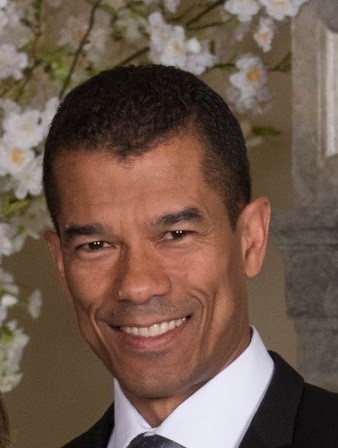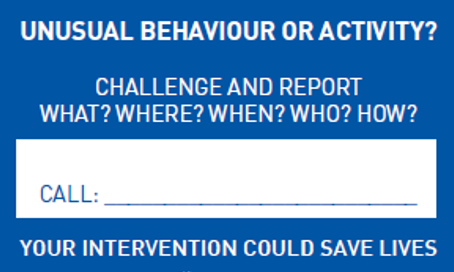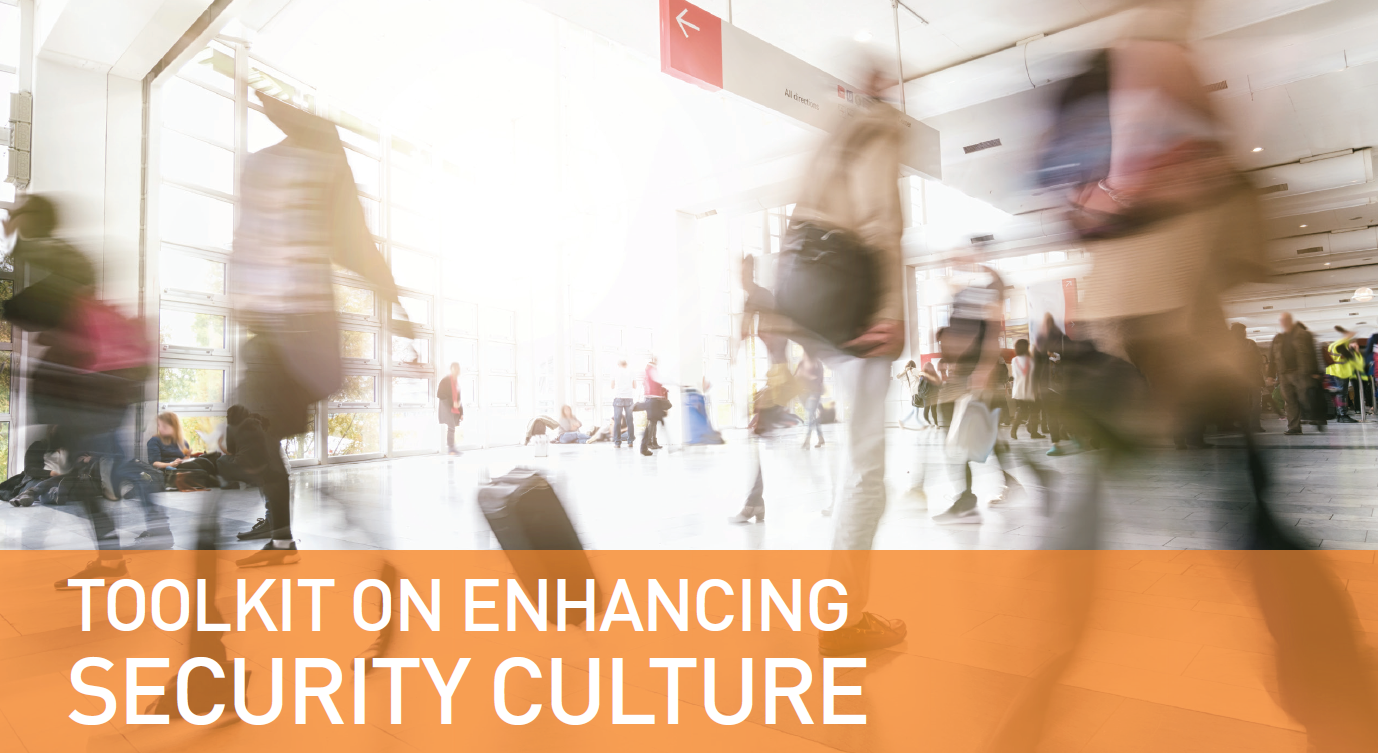The 40th General Assembly requested ICAO to develop further tools to enhance security awareness and security culture. Though 2020 was designated as the Year of Security Culture, with the COVID-19 pandemic dominating the minds of the aviation world in 2020, it made sense to pause the proceedings and relaunch in 2021.
ICAO launched the Year of Security Culture during the fourth annual Global Aviation Security Symposium (AVSEC2020) on 18 December 2020. The theme of the virtual Symposium was “Improving Security Culture by Connecting the Dots”.
Security is everyone’s responsibility
Culture is a set of norms, beliefs, values, attitudes and assumptions that are inherent in the daily operation of an organization, and are reflected by the actions and behaviours of all entities and personnel within the organization. Security culture is no different. Security is everyone’s responsibility – from the ground up and top-down
 The Year of Security Culture provides an opportunity for promoting security in all aspects of aviation operations. Thereby achieving a balance of security, safety, facilitation and the passenger experience, which is essential in supporting business continuity.
The Year of Security Culture provides an opportunity for promoting security in all aspects of aviation operations. Thereby achieving a balance of security, safety, facilitation and the passenger experience, which is essential in supporting business continuity.
ICAO is calling on all aviation professionals, not just those involved in direct aviation security roles, to identify and assume the roles they play in deterring, detecting and preventing acts of unlawful interference. With 2021 being the 20th anniversary of 9/11 – the worst terrorist attack in aviation history with such devastating consequences – promoting a positive security culture is timely.
![]() Threats to aviation
Threats to aviation
Developing security culture and human capability is all the more important given the rapidly evolving threats to aviation and the need to safely restart operations following the pandemic. It is also an overarching principle, as well as a key priority outcome, of the ICAO Global Aviation Security Plan (GASeP) that we all support.
A positive security culture can result in personnel feeling that they play a critical security role and that they help to protect the civil aviation sector. It helps to deter against internal and external threats and risks that could result in fatalities and casualties as well as operational, reputational or financial damages. This is because personnel think and act in more security conscious ways and identify and report behaviours or activities of concern.
Leadership and strategic direction
Security should be a critical core business value, a commercial asset, rather than an obligation or a burdensome aviation expense. Accordingly, leaders in aviation need to endorse messages that foster the widespread adoption of security. Through the promotion of security culture as a key leadership directive, alongside proper resource allocation, aviation personnel will acknowledge security is an important part of their everyday roles and responsibilities.
A transformation in security culture in aviation will not be easy. Considerable efforts will be necessary to embed security consciousness within normal operations. Hard work and leadership commitments will be required for multi-agency approaches to security to be the norm i.e. an approach that doesn’t exclusively focus on aviation security, but on security as a whole.
From screeners to cleaners, from top government officials and industry leaders to frontline workers, and from taxi drivers to those working in airport retail outlets, everyone will have a vital role to improve security in aviation operations. All aviation personnel can, directly or indirectly, have a positive impact on security within their organizations. It is, however, up to their leadership to guide them in maximizing that impact.
Leaders can use a variety of methods to build and promote a positive security culture. This could include public awareness campaigns; promoting the reporting of suspicious activity immediately and adhering to company policies and procedures that define security and security culture. For example airport vision statements, written communications and staff announcements.
Global efforts
ICAO will deliver a worldwide programme of practical events throughout 2021 in support of the Year of Security Culture. These efforts will include workshops, training and guidance material and tools that promote a robust security culture.
For the Year of Security Culture campaign to be successful, determinate action is needed at the global level. I am confident States, industry and other organizations and stakeholders will therefore support security culture initiatives, recognizing their impact on improving civil aviation as a whole.
Practical tools
Actions that a State authority, an industry organization or operators could undertake to support the Year of Security Culture include:
- Creating flyers, posters, leaflets and advertising material that highlight the importance of specific security measures;
- Promoting exhibitions and workshops that enable all personnel, including management, to better understand the importance and rationale of security culture in the organization;
- Providing information to personnel directly through public speeches, regular briefings and handouts that promote sustained security awareness;
- Training on security culture and continuous learning activities, both on an initial and recurring basis;
- Utilizing e-learning tools and digital media that reinforce security culture messages;
- Leveraging internal communication platforms such as intranet articles, newsletters, brochures and videos that promote a positive security culture; and
- Establishing a reporting framework that affords protection to reports and their sources.
ICAO stands ready to assist and share best practices. The ICAO Security Culture Toolkit and ICAO Security Culture Campaign ‘Starter Pack’ are available free of charge on the ICAO Security Culture website. I also encourage you to share widely your own efforts and best practices on security culture. In the first instance, comments and feedback can be directed to: yosc@icao.int.
A call for action
Changing behaviour and attitudes towards security takes time – but it is possible. Aviation has successfully achieved changes in the safety domain. I encourage each of you to take inspiration from this. Draw on the lessons of these successes to take an equally proactive and practical approach to security culture this coming year.
I wish you all the best in your security endeavours and look forward to working together to make 2021, the Year of Security Culture, a success and more importantly to make security a core value of all aviation personnel.
About the author
 Sylvain Lefoyer has been the Deputy Director of the Aviation Security and Facilitation Branch in the Air Transport Bureau of the International Civil Aviation Organization (ICAO) since 1 March 2017. He leads teams responsible for developing Aviation Security and Facilitation policy, Standards and Recommended Practices (SARPs), conducting audits of Member States’ aviation security activities, assisting States that are unable to address deficiencies highlighted by those audits, and implementing the Traveler Identification Programme (ICAO TRIP) Strategy.
Sylvain Lefoyer has been the Deputy Director of the Aviation Security and Facilitation Branch in the Air Transport Bureau of the International Civil Aviation Organization (ICAO) since 1 March 2017. He leads teams responsible for developing Aviation Security and Facilitation policy, Standards and Recommended Practices (SARPs), conducting audits of Member States’ aviation security activities, assisting States that are unable to address deficiencies highlighted by those audits, and implementing the Traveler Identification Programme (ICAO TRIP) Strategy.
Mr Lefoyer has extensive experience at the senior executive level in policy and regulations development, strategy, oversight, critical incident management and organization development in aviation security and facilitation.





